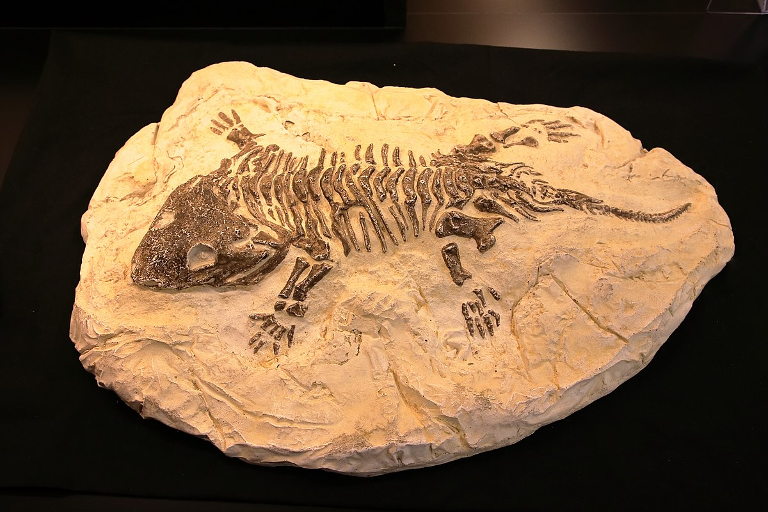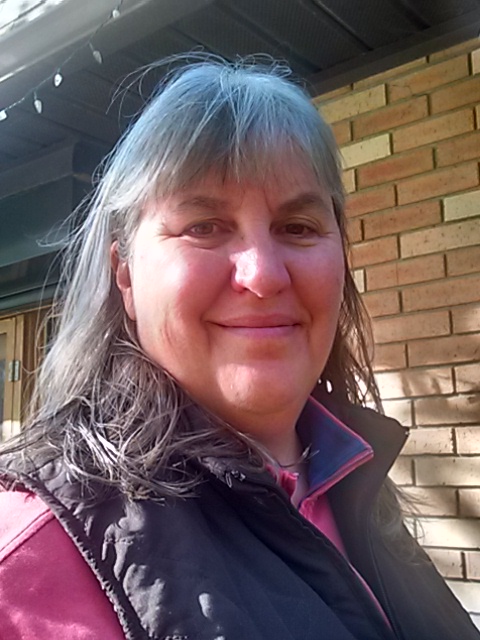Chris Martenson’s recent article about collapse and the plummeting of biodiversity made me think about what it feels like to be left behind. Few people living in affluent countries or communities understand what this means.
Americans closed their eyes to the plight of people in underdeveloped countries whose soil, water, and air were exploited by US corporations seeking profits at the expense of people. Instead we touted our booming economic growth as American exceptionalism. We deserved a better lifestyle because we earned it, right? But today as billionaires are capturing more and more of the world’s wealth and most of the rest are being left behind, we no longer think the situation is fair. We don’t enjoy it when we are the ones left behind. “The 12% increase in the wealth of the very richest contrasted with a fall of 11% in the wealth of the poorest half of the world’s population.”
Human exploitation of the environment is competing for the resources other species of life need to survive. Climate change and the use of pesticides toxic to most species is causing a severe decline in species of insects, amphibians, birds, butterflies, bats, etc. It is also causing a decline in human health. Species are going extinct at rates unprecedented except by catastrophic natural events such as a meteorite impact. Our decision to protect or conserve nature has evolved from ideas in the 1960’s that we should protect “nature for nature itself” to the idea in the 1990’s that we should preserve “nature for people”. Economic policy dictated that the needs of people mattered first and foremost. It is only more recently that people are slowly realizing the importance of natural ecosystems, and that it is “humans and nature” we need to understand and protect.
The collapse of biodiversity, the degradation of ecosystems, and the loss of their services is just a reminder that humanity is also being left behind. The growth of humanity’s population and consumption of resources, our pollution and degradation of the biosphere, is putting our species in danger of extinction. If we don’t change we will be left devoid of the necessities of life, poisoned by environmental toxins, unable to grow food or find clean water, and unable to reproduce children healthy enough to survive. How much time do we have before our population plummets to point that it may not be sustainable? We may think that political action or social reforms can refashion our economy and provide a living wage for all, but once we are “left behind” our desires are irrelevant. Nature will have the last say on the matter.
A recent report published by Lancet discusses the changes we need to make in our diet and our food production systems if the world is going to support 10 billion people in 2050. The report highlights the diet we should be eating (fresh, whole, plant based, mostly vegan) and avoiding (processed foods high in salt, sugar, and unhealthy fat, red meat and dairy). They discuss changes in farming practices needed to improve sustainability (no tillage, increased soil organic matter, capturing rainfall, and agroforestry) and to avoid degradation from toxic chemicals (mostly organic, small farms). I can imagine the push back such ideas will get from the food manufacturing and the industrial agriculture industries. I don’t imagine the report will inspire many people to change their diet. Few corporations want to give up their profit margins. Few people want to give up their right to be addicted to processed food. Few people are willing to understand how their bad eating habits are causing their poor health. Instead we clamor for a living wage; governments should make health care more affordable and available to all!
What does it feel like to be left behind; sick, cold, tired, and broken in spirit knowing no one is coming to help you? Maybe it would feel something like being on the Titanic enjoying the privilege your wealth allowed you to take this trip, oblivious of the ice berg with which the ship is about to collide. Can you imagine the despair realizing there aren’t enough life boats to save all of you before the ship sank? What would it feel like to suddenly realize that the advantages your wealth provided and the power you once wielded were gone and you were about to die a cold and painful death by drowning? I’ve been on the edge of dying several times in my life. Once I almost drowned. Twice I almost choked to death. Once I was lost in the desert. It is interesting what goes through our mind when we realize we could actually die from this!
There were some people on the Titanic who managed to get a seat on a lifeboat. Maybe there will be some small populations of humans who make it past the Anthropocene Age. It’s difficult to predict what life might be like. I am not sure I would call them fortunate. Life will be difficult dealing with the constant danger from storms, droughts, wildfires, or desperate people searching for the meager food available. It would be nice to see more humans heeding the warnings and making the necessary changes before it’s too late. I agree with Chris that collapse is already here. I think of the game of musical chairs, and wonder when the music stops if we will find any chairs will be left.
Teaser photo credit: By Sanjay Acharya – Own work, CC BY-SA 4.0,






